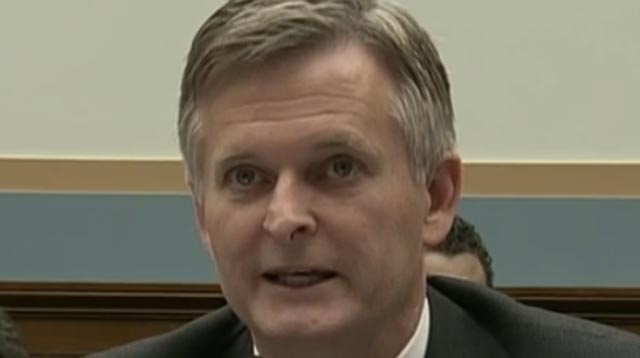
Three separate ballot measures for transportation in the Atlanta region cleared to proceed
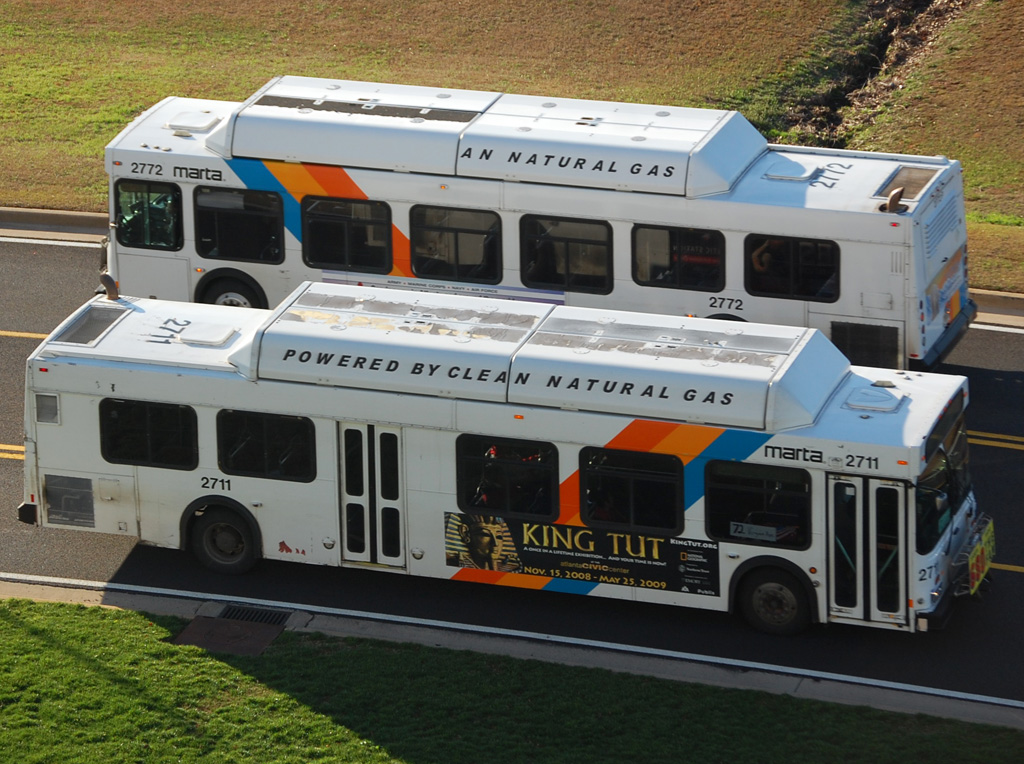
After the crushing defeat of a huge regional transportation ballot measure back in 2012, Atlanta is poised to rebound this fall. After recent action by city and county leaders to place measures on the ballot, voters in metro Atlanta will be making at least three critical decisions this fall about sizable new investments in transportation.
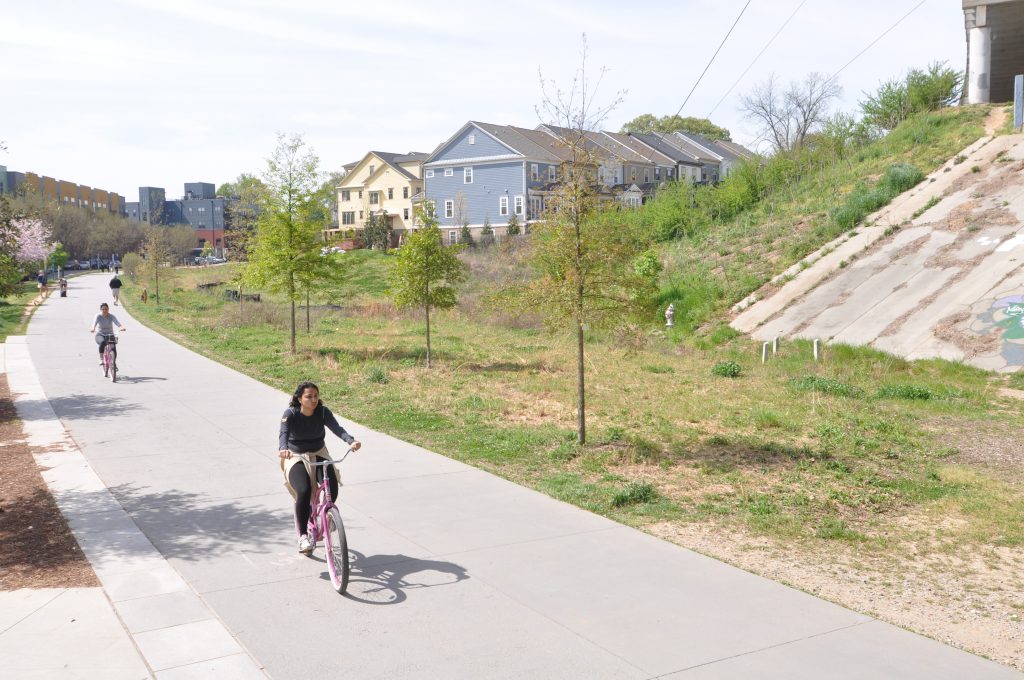
People biking along the booming Atlanta Beltline’s east side trail, which would get a big boost through two separate ballot measures in November to help buy additional right-of-way and start to add transit to the mix.
Thanks to a law passed by the Georgia legislature (SB 369) in the dying hours of the 2016 session, the city got the go-ahead to put at least two questions on the ballot that will raise funds to finally add transit to the one-of-a-kind Beltline around the city, expand existing bus and rail service, fund other new transit projects, and make other general transportation investments in the city.
We wrote about the legislation back in March:
The legislation enables three new local funding sources, each dependent on approval through voter referenda. 1) The City of Atlanta can request voter approval for an additional half-cent sales tax through 2057 explicitly for transit, bringing in an estimated $2.5 billion for MARTA transit. 2) Through a separate ballot question the city could ask for another half-cent for road projects. 3) And in Fulton County outside the city, mayors will need to agree to a package of road and transit projects and ask voters to approve up to a ¾-cent sales tax to fund the projects.
The first of these three options got the go-ahead back in June when the Atlanta City Council approved a tentative list of transit projects to fund with a new half-penny tax for MARTA and placed the measure on the ballot — though this list of projects could still change as they move into planning and public meetings following a successful vote.
But for now, according to the presentation from MARTA (pdf), the $2.5 billion that would be generated by the new half-penny sales tax raised locally would help fund subway extensions, hefty improvements in bus service, new light rail on the Beltline project which will eventually encircle the city with transit, a walking/biking trail and linear parks, and improvements to bike and pedestrian connections near stations and bus stops. The half cent tax would run for 40 years.
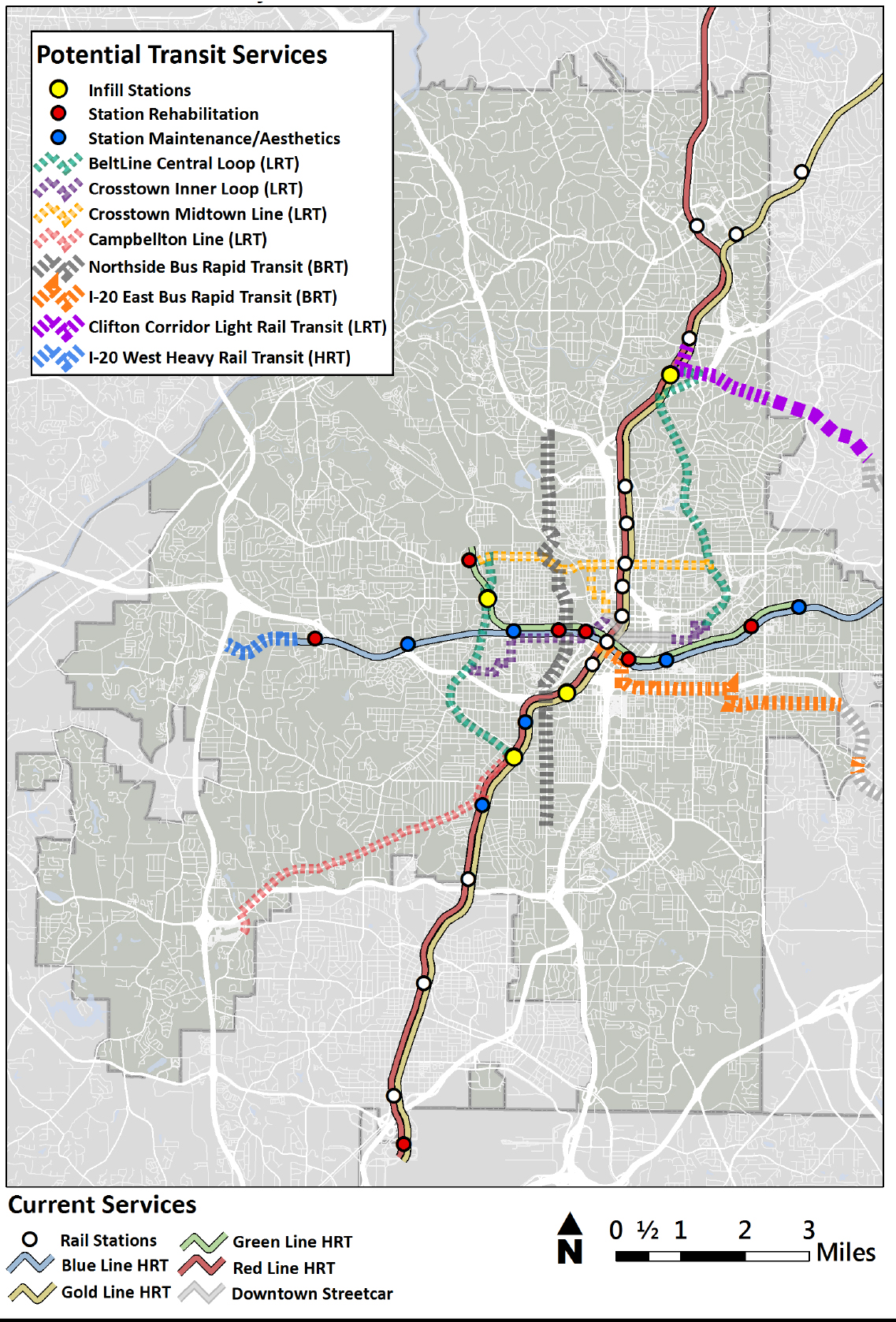
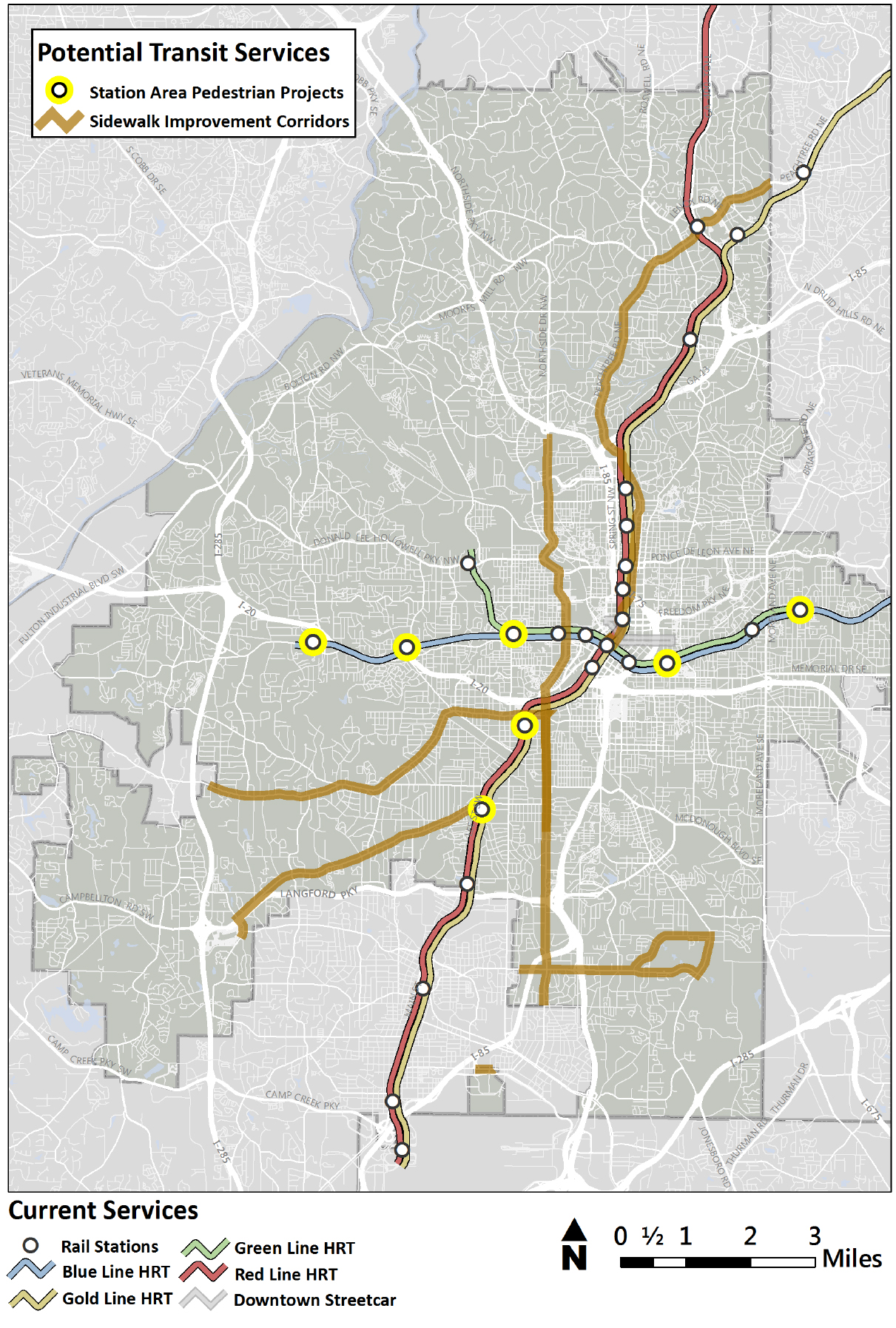
The state legislation also allowed The City of Atlanta to additionally raise up to another half-cent sales tax for a shorter period of time (five years) for other local transportation projects within the city limits. The Atlanta City Council chose to use only part of that taxing authority, putting a second measure on the ballot asking voters for 0.4 cents in additional sales tax, which will raise $260 million over the five-year life of the extra 0.4¢, and go toward a range of projects, according to a release from Mayor Kasim Reed’s office:
- $66 million for the Atlanta BeltLine, which will allow the BeltLine to purchase all the remaining right of way to close the 22-mile loop;
- $75 million for 15 complete streets projects;
- $3 million for Phase 2 of the Atlanta Bike Share program;
- $69 million for pedestrian improvements in sidewalks; and
- $40 million for traffic signal optimization.
Note: The traffic signal optimization was a core part of the city’s application to the USDOT Smart City Challenge.
Mayor Reed said in his press release:
Infrastructure investments are vital to Atlanta’s quality of life and continued economic competitiveness. Between the $250 million being spent through the Renew Atlanta bond program and these TSPLOST funds, Atlanta will reap the benefits of more than a half billion dollars invested in new and improved roads, sidewalks, neighborhood greenways, parks and congestion reduction efforts. Combined with a $3 billion expansion of our public transit system through MARTA, Atlanta residents will see unprecedented new investments in strengthening our transportation networks.
If both of these ballot measures for transportation are approved — half a penny for MARTA and 0.4 cents for transportation — Atlanta will have a local sales tax rate of 8.9 percent, certainly among the higher rates in the country but still lower than Seattle, New Orleans, Chicago, nearby Nashville and other cities.
There’s also a third measure on the ballot this fall, but it only applies for residents of Fulton County that live outside of the city’s borders. There, voters will be deciding on a 0.75 percent sales tax for transportation projects that would fund only projects outside of the city limits in unincorporated Fulton County and in other cities. Fulton is a large county that stretches far enough to the north and south to encompass suburbs on both sides of Atlanta proper.
This Fulton-only measure would be explicitly for road projects, with nothing going toward public transportation. Widening roads, safety projects, resurfacing roads, and some streetscape improvements including bike lanes and new sidewalks.
This roads-only measure for the county is the result of the legislature’s lack of agreement on a larger bill that would have enabled a bigger single transit measure in Atlanta and both adjoining counties, Fulton and DeKalb. The larger MARTA ballot measure would have raised somewhere around $8 billion for MARTA. Opposition to new transit measures — especially in parts of Fulton County — sunk that legislation.
So Fulton County gets this roads-only ballot measure, but no chance at MARTA expansion further into the county for the immediate future.
In 2012, Atlanta’s large regional transportation measure that would have split over $7 billion between road and transit projects across the ten-county region failed miserably at the ballot, for a number of reasons. Yet voters in the City of Atlanta and Dekalb county strongly voted in favor of it, and we suggested at the time that an Atlanta-only measure could be the next path forward for the city.
Four years on, Atlanta voters will soon be deciding whether or not to make one of the biggest investments in infrastructure of any city of its size over the next few years. Taken with the $250 million Renew Atlanta infrastructure bond measure that passed last year, these measures would raise over $3 billion to invest in transportation over the next 40 years, with about $500 million of that coming over just the next five years.
Keep up with all of the notable local ballot measures we’re tracking with Transportation Vote 2016




